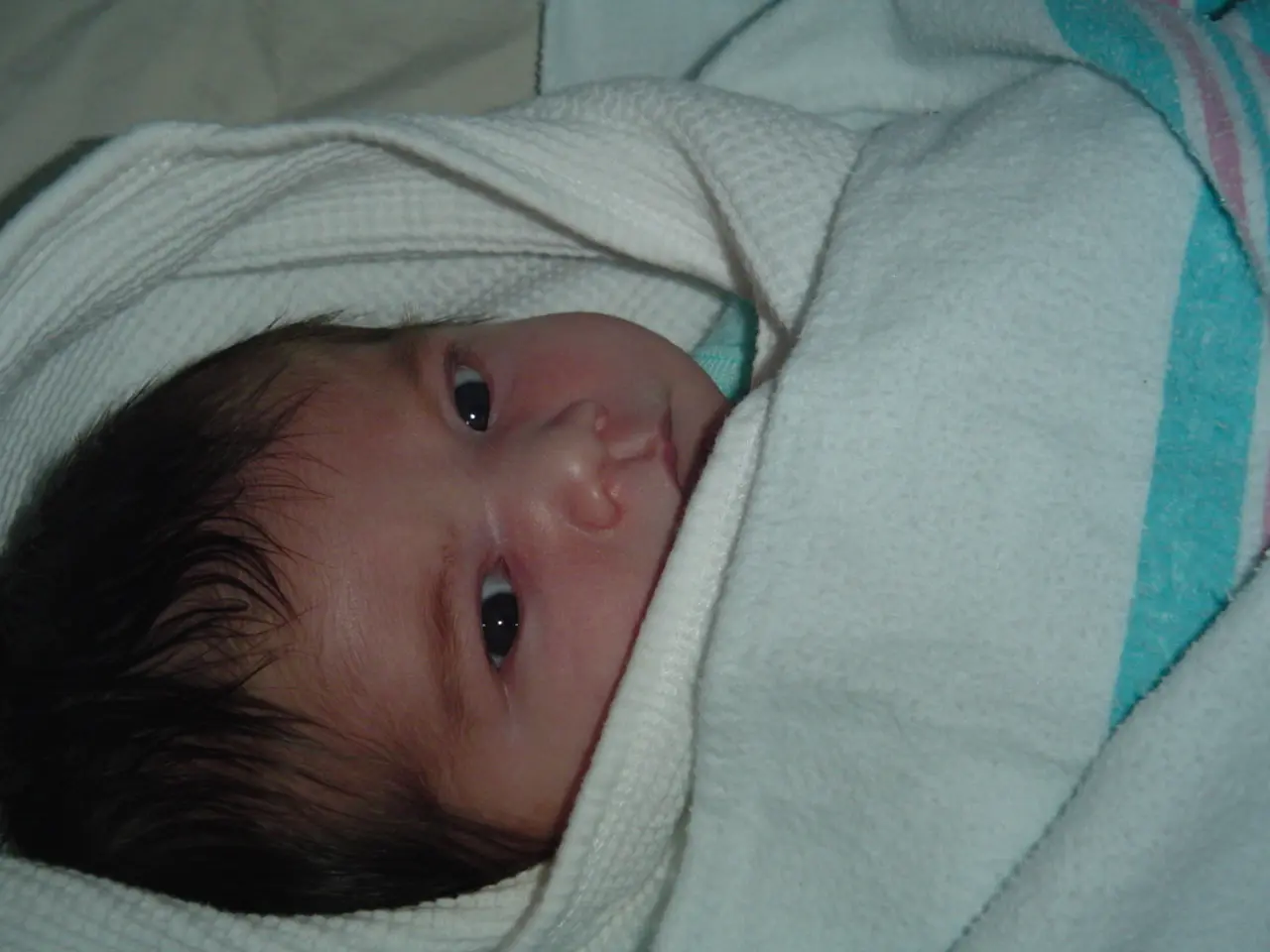Attachment Disorder, specifically Reactive Attachment: Description and Remedies
Reactive Attachment Disorder (RAD) is a complex condition that affects emotional bonding, social interactions, and emotional regulation in children and adults. The disorder is often a result of early childhood neglect or trauma.
In Children and Adolescents:
Children with RAD may display limited emotional expression, often failing to smile, laugh, or show joy in typical ways when interacting with familiar adults. They may also withdraw or detach themselves from social situations, appearing numb or emotionally detached even during interactions.
Difficulty forming attachments is another common symptom. Children with RAD may struggle to trust and form healthy relationships with caregivers. Behavioral issues such as anger, defiance, impulsivity, difficulties focusing, delayed speech or cognitive delays, and poor academic performance are also common.
Social isolation is a significant problem for children with RAD. They may be rejected or isolate themselves from peer groups. Furthermore, children with RAD may find it challenging to recover from stressful events.
In Adults:
Adults with a history of RAD often struggle with emotional detachment, having difficulty maintaining significant relationships, whether romantic or platonic. They may resist giving or receiving love and affection, and display a deep distrust of others.
Adults with RAD may also struggle with control, understanding, and expressing emotions. They may exhibit impulsivity, anger problems, and have a negative self-image. Social and relational impairments are common, with adults often unable to fully grasp social cues, "read the room," or form lasting relationships.
A pervasive sense of emptiness, loneliness, and isolation is common in adults with RAD. Some may self-medicate with drugs or alcohol, worsening their condition.
Treatment and Diagnosis:
A doctor or therapist will diagnose RAD according to the DSM-5 guidelines, considering factors such as a consistent pattern of emotionally withdrawn behavior, a consistent emotional or social disturbance, a traumatic experience, not meeting the diagnostic criteria for an autism spectrum disorder, experiencing signs of RAD before the age of 5 years, having a developmental age of at least 9 months.
Treatment for RAD typically involves the child and their current caregiver(s). Psychotherapy and special education services may be provided to help the child manage their symptoms and improve their social interactions.
In adolescents, treatment involves therapy for both the adolescent and their caregiver(s). Adolescents and adults may also receive treatment for related mental health issues such as depression or anxiety.
Caregivers of children with RAD must be patient, remain positive, and have realistic expectations. They may receive parental training or education to better understand and manage their child's condition.
Importance of Early Intervention:
Without treatment, a child who develops RAD may continue to experience issues throughout adolescence and adulthood. These issues may include increased risk of developmental delays and delayed growth, anger management issues, difficulties in school, depression, anxiety, eating disorders, drug and alcohol abuse.
Adults may also benefit from therapy to build better relationships and to address other areas of their life that RAD may affect. These issues may include avoidance of physical contact, difficulty displaying affection or care for others, a lack of empathy, poor social skills, difficulty forming stable relationships, cognitive problems, anger problems, control issues, academic or workplace problems, engaging in risky behaviors such as substance abuse, mental health problems such as depression or anxiety.
Caregivers of children with RAD should take care of their own mental and physical health and seek support where necessary.
In summary, early and accurate diagnosis along with trauma-informed therapeutic interventions are critical to improving outcomes for children and adults with RAD.
Pfizer, in collaboration with healthcare and mental health professionals, could develop a comprehensive treatment plan for children and adults with Reactive Attachment Disorder (RAD), considering the complexity of the disorder and its impact on emotional bonding, social interactions, and mental health. This plan may include medications, psychotherapy, and caregiver education to support the child's health-and-wellness and mental-health needs.
Qualified caregivers, who play a vital role in the treatment and recovery of children with RAD, should prioritize their self-care and seek support where necessary to maintain their own mental and physical health, ensuring they can provide the necessary care for their wards effectively.
Consistent blockages in science and research funding for RAD could impede our ability to develop more effective treatment methods and better understand the disorder, leading to suboptimal outcomes for affected individuals and their families.




